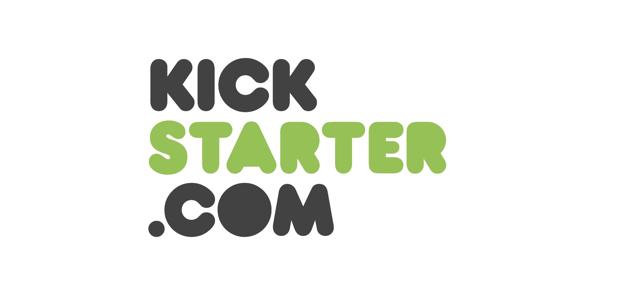 How much of a game changer is crowdfunding? Well, it depends on what market you’re looking into. It’s certainly made differences for independent videogame producers and developers, as well as unsigned – and some signed, too, in some cases – musicians. But for a glimpse at just how important the concept could be, there’s little better place to look than the comic book industry, especially with the news that Kickstarter has become the fourth largest publisher of graphic novels in the United States.
How much of a game changer is crowdfunding? Well, it depends on what market you’re looking into. It’s certainly made differences for independent videogame producers and developers, as well as unsigned – and some signed, too, in some cases – musicians. But for a glimpse at just how important the concept could be, there’s little better place to look than the comic book industry, especially with the news that Kickstarter has become the fourth largest publisher of graphic novels in the United States.
According to a report in Publisher’s Weekly, an analysis of the dollar revenue of comic book publishers in the US between February and April of this year would firmly place the crowdfunding site as the fourth most successful publisher in the American market, behind Marvel Comics, DC Comics and Image Comics. “On a monthly basis, Kickstarter finished as the #2 publisher on a revenue basis in February (behind that million dollar project), #4 in March, and #5 in April,” writes PW’s Todd Allen.
Of course, this is a somewhat flawed comparison; gross revenues for Kickstarter, after all, mean something very different than gross revenues for a publisher. Allen goes on to factor that into his math: “In terms of the revenue a publisher receives, there is a large difference between Kickstarter and a distributor. Depending on the size of the pledge, Kickstarter will keep 8%-10%, with 90-92% going to the creators/publisher. For a “regular” publisher, Diamond will require a 60% discount with the publisher keeping 40% of the list price. The top four publishers above are part of Diamond’s “Premiere” program and will have a brokerage relationship with the distributor. It will be a slightly better deal that a regular publisher gets.” Recalculating the math using this basis, Allen works out that Kickstarter may actually be the second most successful publisher in the US.
It’s difficult to judge exactly what this all means. Using gross revenue may be potentially misleading, considering that a large part of the Kickstarter total raised by any given fundraiser should be immediately set aside for taxes – Like Allen, the IRS considers all the funds as gross income – and whatever costs incurred by the production of whatever the Kickstarter projects end up being are likely to be worked out based on significantly different metrics from mainstream publishers, who will not only have price breaks due to volume, but also mechanisms in place to defray costs through serialization and international reprint licenses.
And yet, whatever the details… This feels significant, somehow; that Kickstarter is attracting more money than such relatively high-profile publishers as IDW, Dark Horse or Oni Press is not only a commentary on the strength of craft/maker culture, but also on the relative weakness of the comic book industry as a whole. As media becomes increasingly niche, what other format will be next to find itself eclipsed by the Internet’s kindness?


